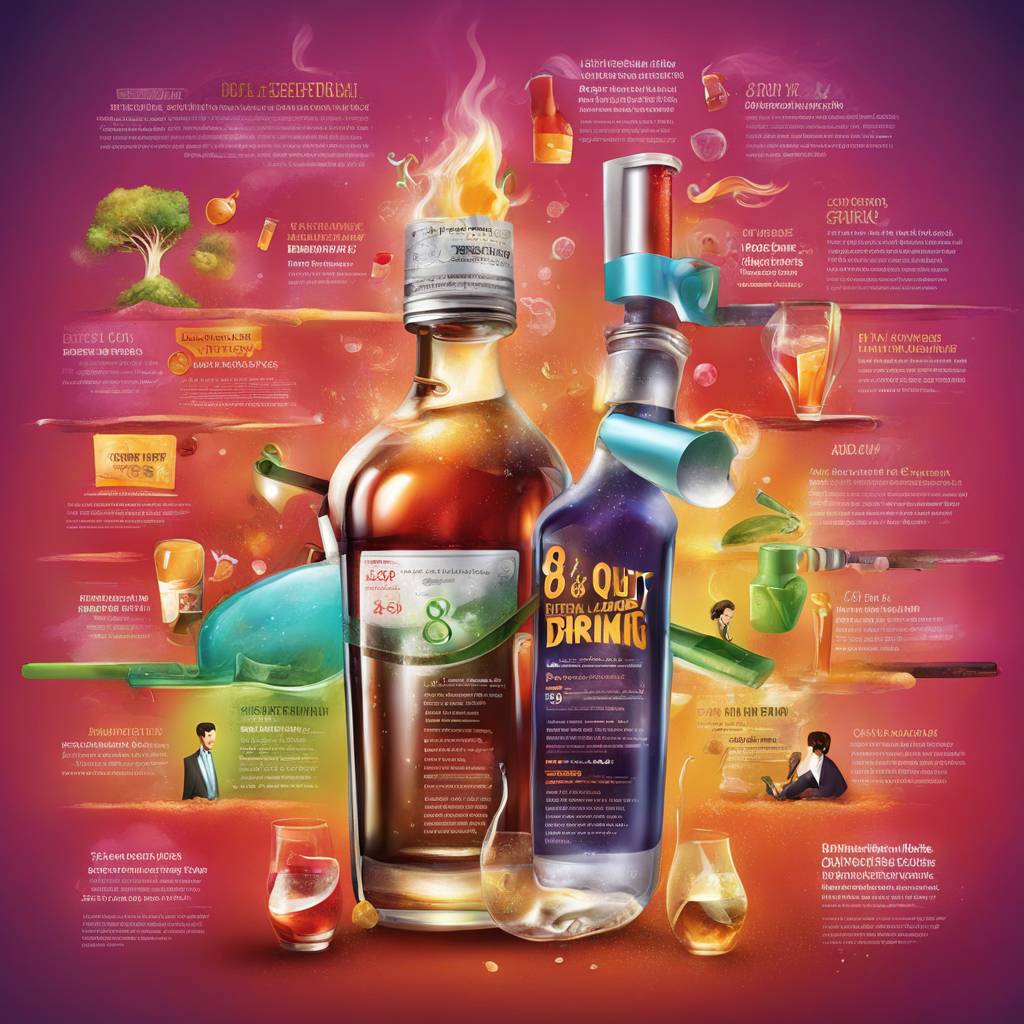A recent study has shown that women who drink more than 8 drinks a week are at higher risk for coronary heart disease. According to research conducted by Kaiser Permanente Northern California, young to middle-aged women who have just one more drink daily, on average, are at a 31 to 55% higher risk of coronary heart disease. If you’re trying to cut back on your drinking, it’s important to identify why you’re drinking in the first place. You should also surround yourself with people who will help you quit and celebrate your wins along the way.
To make a plan to stop drinking that works for you, it’s important to examine your current relationship with alcohol. Become aware of how much you drink, identify the reasons you drink, and think about why you want to quit drinking. Learning how alcohol affects your body is also crucial, as it can have negative effects on both your physical and mental health. Setting a goal to cut back, creating a support system, and having a plan for when you go out are all key steps in the process of quitting or reducing alcohol intake.
Having a support system is crucial in the journey towards cutting back on drinking. Letting friends and family know your goals, joining online or local communities of people who have quit drinking, and seeking professional help are all ways to build a support system. Planning for social situations is also important, as it can be challenging to navigate events where alcohol is present. Removing alcohol from your home, finding alternatives to your favorite drinks, and planning for potential withdrawal symptoms are all important aspects to consider when making a plan to quit drinking.
It’s important to celebrate your wins along the way as you start to hit your alcohol-free milestones. Creating a reward system for yourself, setting targets for rewards, and enjoying the benefits of achieving your goals are all ways to stay motivated on your journey to cut back on drinking. Overall, making a plan to stop drinking is a personal process that involves self-reflection, goal-setting, building a support system, and planning for challenging situations. Celebrating your successes and staying focused on your end goal are key to successfully reducing or quitting alcohol intake.


